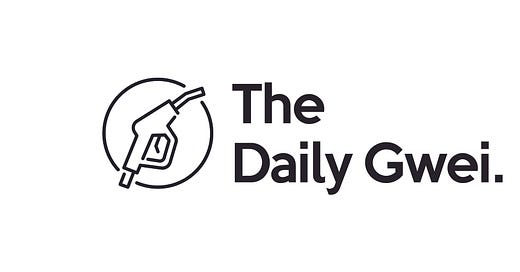Protocols and projects in the crypto space get forked all of the time since most of the code is open source and you could say that forking is basically the “bread and butter” of the crypto ecosystem. Forking is also a form of imitation which, as we all know, is the sincerest form of flattery.

The Ethereum network’s open source code has been forked countless times with one of the most high profile forks being Tron (which was originally a fork of the EthereumJ client). As Andre notes in his tweet above, this actually shows just how strong Ethereum is and how much of a moat it has. This isn’t just limited to Ethereum though - many other projects get forked all of the time.
Obviously the most well known and high profile fork recently was SushiSwap forking Uniswap. They did this because Uniswap is such a well-built, popular and familiar system that this was the path of least resistance to launching an AMM product. After this, we saw Swerve fork from Curve, Cream fork from Compound and a bunch of other forks during DeFi summer that branded themselves as “fair launch”. Most of them died, very few survived and the original projects kept growing regardless of their forked counterparts existing.
There’s plenty of other non-hostile and non-competitive forks that happen in Ethereum too - lots of projects fork Compounds governance module, developers will fork different projects at hackathons to build on them, Synthetix’s staking module was basically used for all of the DeFi food forks and more. This shows the true power of open source which is open collaboration across the entire Ethereum ecosystem to build better products, tools and user experiences (and yes, unfortunately, sometimes scams).
I think that “hostile” or controversial forks almost never work because they are simply rejected by the original community. The only time they really work is when they start off as a fork but then evolve into much more than that and manage to galvanize their own community support (this is basically what SushiSwap did). We’re going to keep seeing more and more forks happen over time - many of them will be opportunistic in nature - but I think overall the ability to fork a project is a net positive for the ecosystem.
Have a great day everyone,
Anthony Sassano
Join the Daily Gwei Ecosystem
All information presented above is for educational purposes only and should not be taken as investment advice.




